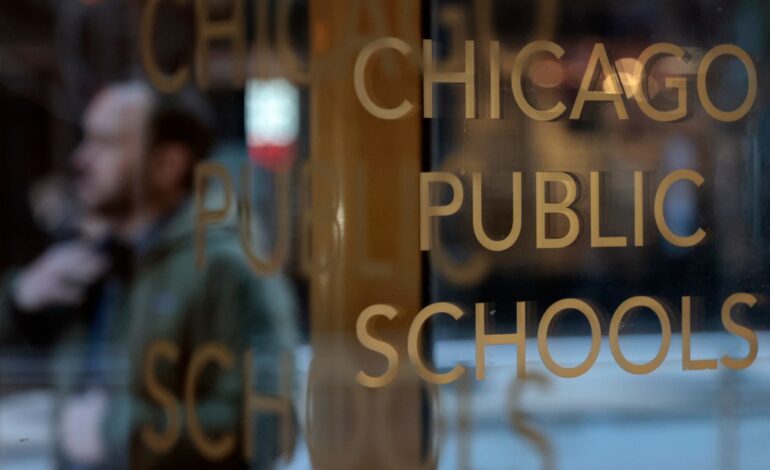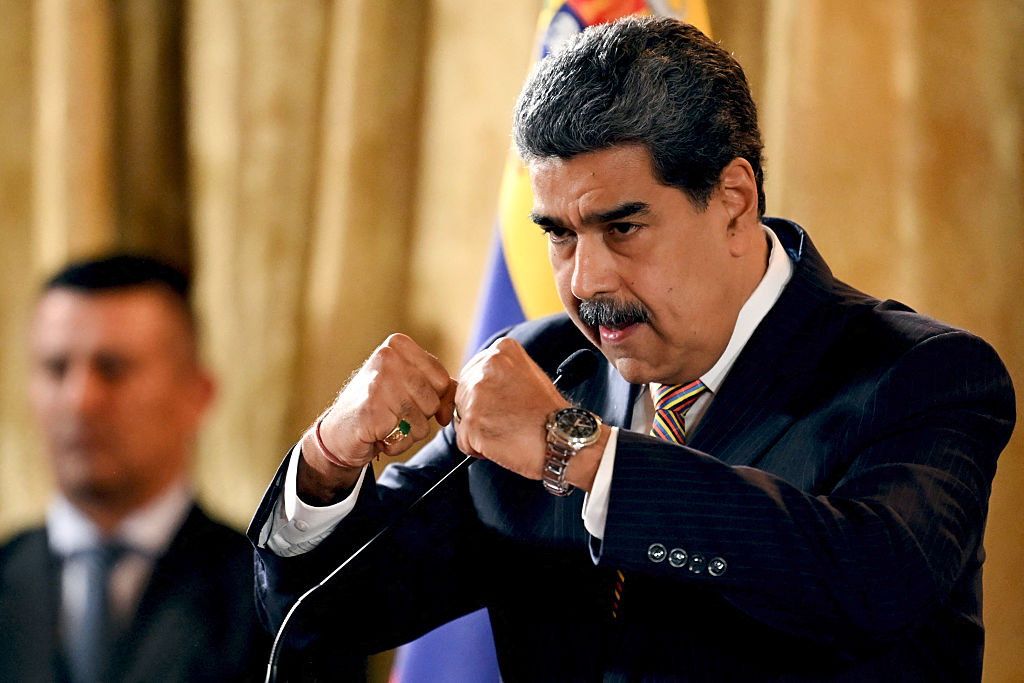Chicago Schools Urged to Reform Travel Spending After Expenditures Soar

The Chicago Public Schools (CPS) Office of the Inspector General has called for significant reforms to the district’s travel spending policies following a report highlighting “questionable, excessive and even exorbitant” expenditures on overnight trips. The report, released on Wednesday, reveals that CPS travel costs surged from $3.6 million in fiscal year 2019 to $7.7 million in fiscal year 2024, more than doubling within just five years.
Investigators found that CPS staff frequently exceeded spending limits, bypassed required preapprovals, and incurred costs for activities deemed unnecessary for students. The report stated, “Many taxpayers would find some excursions described in this report objectionable and even excessive — especially in tight budget times.” This scrutiny comes as CPS grapples with a fiscal crisis, having faced a $734 million budget deficit prior to passing a $10.2 billion budget in August.
In light of these findings, CPS has implemented a temporary freeze on district-funded staff travel, with the exception of trips related to student activities. The district has also announced plans to tighten its spending policies. A spokesperson for CPS remarked, “We take seriously the findings and recommendations… and will continue to ensure our District policies and procedures support the highest ethical standards.”
The report indicates that the spike in travel expenses was partly driven by federal pandemic relief funds and a lack of robust travel expense procedures. Notably, eight schools collectively spent more than $142,000 on 15 international professional development trips, which included leisure activities such as visits to game parks and hot air balloon rides. Thirteen of these trips were conducted without the necessary preapprovals.
As one high-ranking CPS official questioned, “Why can’t this be done in the United States?” The Inspector General, Philip Wagenknecht, emphasized that it was crucial not to single out individuals, stating, “It was a systemwide failure to enforce rules.”
Another investigation by the Office of the Inspector General revealed that over 600 employees attended a professional development conference in Las Vegas between 2022 and 2024, resulting in a total cost exceeding $1.5 million. Alarmingly, nearly 90% of participants stayed in hotel accommodations that exceeded CPS spending limits. Although the event gained significant interest, attendance at similar events held in Chicago or virtually was notably lower.
The report highlights that around 40% of all conference attendees traveled without proper approval. It also catalogued various spending abuses, including a teacher’s trip to a luxury resort in Hawaii costing $4,700 and other extravagant expenditures such as limousine services. While smaller reimbursements, like meals, were subjected to scrutiny, larger expenses such as airfare and hotel costs received far less oversight.
Wagenknecht stressed the importance of ensuring that new reforms apply to all travel expenses, noting that CPS currently lacks written spending limits for international travel. Although there are additional review layers for travel outside of the continental United States, the process is susceptible to circumvention.
The report further highlights significant discrepancies in spending across different schools and departments. In the previous fiscal year, eight departments exceeded $100,000 in overnight travel expenses, with two departments alone surpassing $200,000. Conversely, 197 CPS schools did not utilize any district funds for trips.
While the focus of the report was primarily on staff expenditures, of the ten most expensive travel orders, nine involved student trips. One particular trip to South Africa averaged $5,274 per person, totaling more than $142,410 for the district.
Additionally, some travel agencies charged hidden fees as high as 20% on CPS travel, and the district failed to leverage its bargaining power to secure more favorable rates. Following the report’s submission to the Chicago Board of Education in June, CPS committed to implementing several recommendations made by the Inspector General. These include upgrading travel databases, revising the travel manual, and mandating that travel agencies provide the lowest available rates.
CPS plans to establish a Travel Review Committee this month to oversee these changes, with implementation targeted for June 2026. In the wake of the report, CPS is also contemplating disciplinary actions. The indefinite travel freeze remains in effect, reflecting the district’s commitment to responsible financial stewardship and prioritizing resources that support classrooms and students, as noted by CPS CEO Macquline King in a memo to staff last month.






